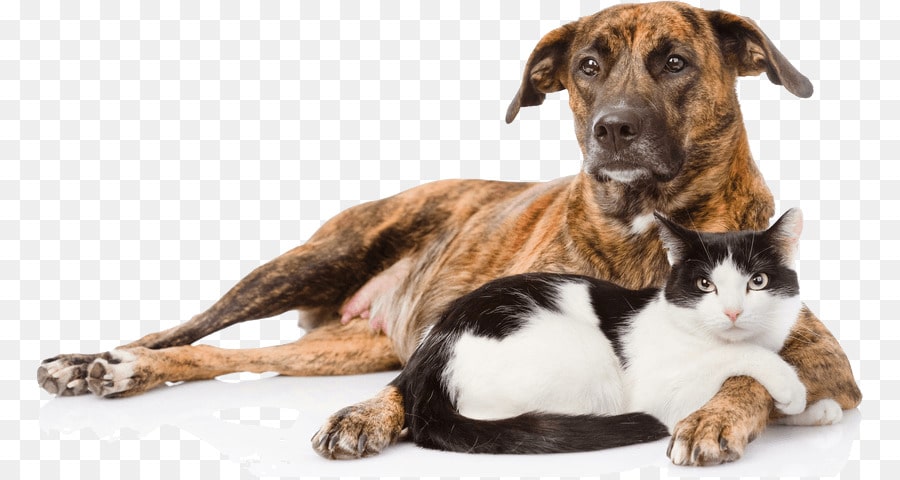August 22 is National Take Your Cats to the Vet Day. Have you taken your feline pet to the vet? If not, make this day THE day you bring her to the pet doctor. Ask for a thorough physical examination just to check if she’s in the pink of health.
Kitten care
As soon as you get your kitten, schedule an appointment with a vet for its initial check-up. The veterinarian will give you tips on how to care for it and how often you should take it to the vet. If the kitten is less than four months old, a monthly visit might be advised by the vet. The kitten might be given some shots all throughout your monthly visits starting at eight weeks of age.
On the 6th month, you can have the kitten spayed or neutered. Usually, if it comes from a shelter, the said procedure might have been done earlier. Ask if the shelter has done this already before adopting the kitten. On its first year, your vet schedule may be reduced from one to two times a year.
Adult cat care
It is highly advised to bring your cat to the vet at least once a year for a check-up, dental cleaning, and vaccination. You know how good cats are in hiding their pain and discomfort so a regular annual visit may address any concern that your feline friend isn’t manifesting. Regular rabies and distemper vaccines are usually given to your cat. Some of these shots last up to three years. Keep a diary so you can monitor when the shots were given and when you have to go back to the veterinarian.
Senior cat care
Senior cat care begins at seven years of age. Ask your vet how often your cat needs to visit. Depending on your cat’s condition, an appropriate schedule will be given by the vet. Cats between seven and 10 years old usually need to visit the vet twice a year. For 10 years and older, the visits to the vet may increase to three times a year, especially if they have medical conditions like kidney disease, heart disease, diabetes, or arthritis.
Special cases
Of course, if you see signs of discomfort and pain in your cat, you have to take her to the veterinarian. These may include:
- Stool and urine changes
- Loss or unusual appetite
- Increased vocalization
- Lethargy or exhaustion
- Isolating himself/herself
Check out Addiction Foods’ wide array of cat food available, all specially formulated with the finest premium proteins for your pets’ overall wellbeing.
Buy Addiction Foods’ Dry Cat Food in a store near you.
Like us on Facebook and follow us on Instagram for more pet health and nutrition updates.
For further reading
1.https://www.prnewswire.com/news-releases/pet-food-3-key-trends-for-2019-according-to-packaged-facts-300775290.html
2. https://www.petfoodindustry.com/articles/7899-global-pet-food-sales-hit-91-billion-in-2018
3. Ibid.
4. Ibid.











